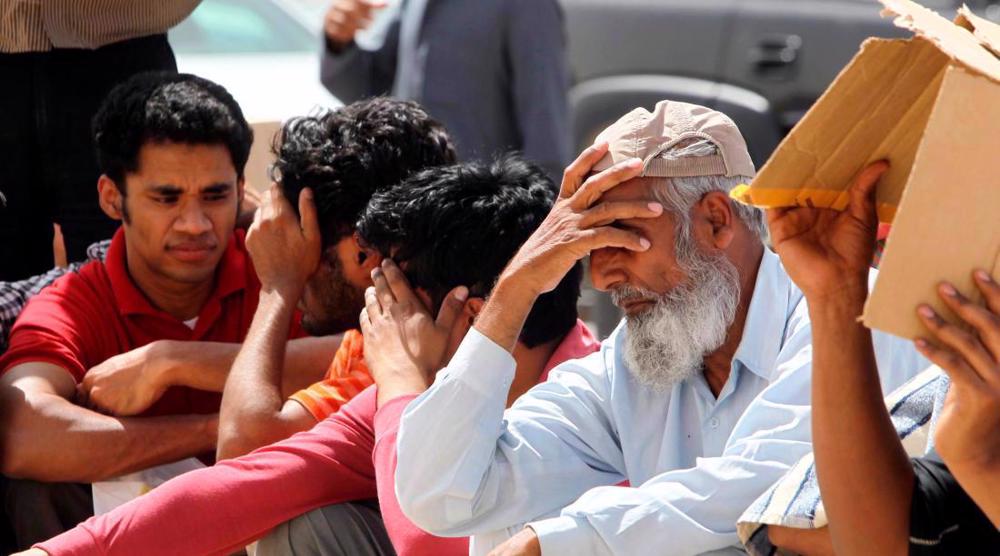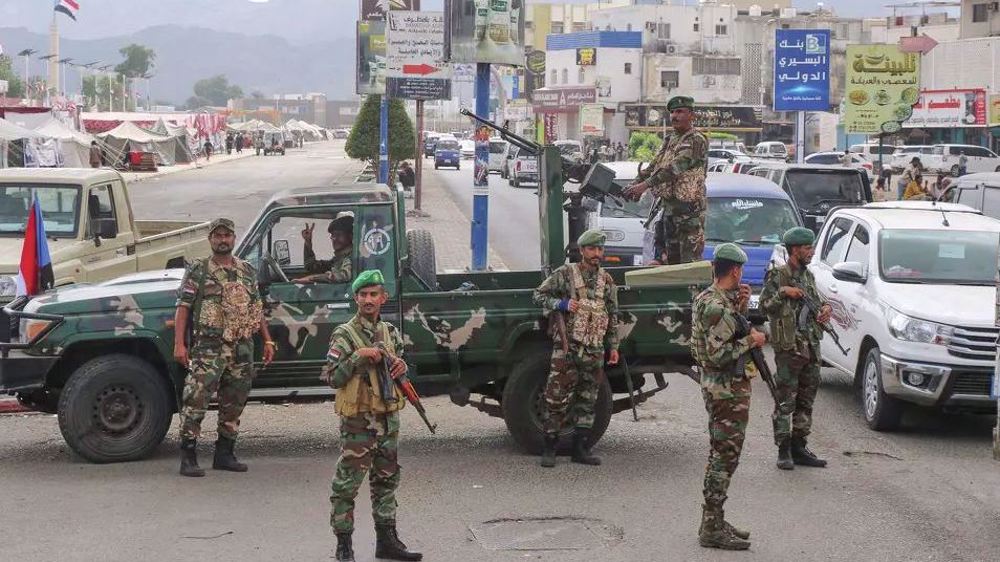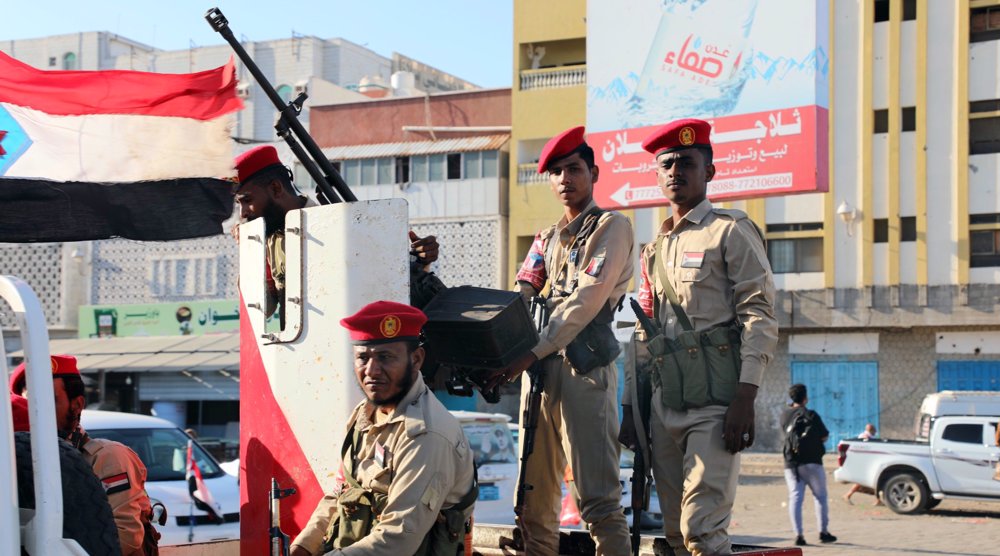Migrants recount ordeal in ‘hellish’ Saudi prison
Migrants recount abject detention conditions in an infamous Saudi Arabian prison, where they are packed in their thousands in sheer unsanitary conditions, despite the new coronavirus outbreak, before being deported.
The Guardian ran a report on Tuesday, citing several of the inmates as detailing their ordeal at the al-Shumaisi center in the Saudi port city of Jeddah.
The interviewees made the remarks to the daily on condition of anonymity for fears of repercussions.
“Detainees are held in a crowded series of bunk bed-filled halls, which each hold around 80 people,” the daily said of the facility that is designed to hold 32,000 people, including women and children.
The inmates are usually kept there for months before being sent back to their countries of origin. The only way they would be able to either avoid arrest or secure a decent deportation is for them to bribe the Saudi guards or authorities.
‘Packed like animals, drinking from toilet’
“We are packed as animals. We sleep on metal beds with no mattress, no proper sanitation,” said one, named as Ibrahim, who was put in al-Shumaisi after just five days on the Saudi soil.
The 40-year-old added, “We drink water from the toilet. If you have money you can buy clean water. If don’t have any, you just take dirty water from the toilet.”
“There are sick people, fever, vomiting, and coughing, and nobody taking care of them,” noted his cellmate, Tahiil. “It is possible they have Covid-19. The hospital here is closed,” he added, referring to the type of infection that the virus can cause.
“We are given bread and very little rice. Dry rice and no protein. The food they provide is of bad quality. There are no lemons, no vegetables,” he added.
The two have traveled to the kingdom from Somalia, where they face attacks by the al-Shabaab terrorist group and dire living conditions.
Upon entering the facility, the detainees have their cellphones taken away from them.
In April, many notable human rights bodies warned the Persian Gulf Arab states about the health hazards that were caused by their continued mass jailing of inmates amid the pandemic.
New York-based Human Rights Watch released a statement back then, taking Saudi Arabia, Bahrain, the United Arab Emirates, Kuwait, Qatar, and Oman to task over the policy.
“Many migrant workers in the [Persian] Gulf, especially those who are undocumented through no fault of their own or have fled unscrupulous employers, are in prolonged pre-deportation detention in overcrowded, unhygienic conditions,” the body’s Middle East director, Michael Page said at the time.
Apart from the migrants, the countries have been keeping protesters, including human rights defenders, activists, and opposition members, behind bars for years.
The jailing procedure has drawn international criticism against the kingdom, which is notorious for its intolerance towards dissent, and extended the definition of “terrorist” activity in its laws to include anti-government political activism.
Meanwhile, seven United Nations’ experts, including Agnes Callamard, the world body’s special rapporteur on extrajudicial, summary or arbitrary executions, wrote to Riyadh, criticizing it for its mistreatment of the jailed activists.
As a case in point, the letter, which was quoted by the Al Jazeera news network, mentioned prominent rights activist, Abdallah al-Hamed, who died in detention in April days after suffering a stroke. The Arabic-language Arabi21 attributed his death back then to “deliberate medical negligence.”
The UN experts said prisoner abuse, including recurrent solitary confinement, could have had a role in Hamed’s death.
The influential Saudi thinker was serving an 11-year prison sentence since 2013 for his role in the formation of the “Hasm” human rights group. The rights group advocated for imposition of constitutional restraints on the Saudi monarchy and called for increased civil engagement in the country’s political process.
Kidnapped Maduro to appear in New York court with protests expected outside
Iran’s Judiciary chief warns rioters will face firm action without leniency
Monitor group: Israeli forces, settlers carried out nearly 24,000 attacks in 2025
VIDEO | American lawlessness: This time in Venezuela
Explainer: Why the United States incarcerates more people than any other country
VIDEO | Iranian security forces arrest Mossad agent operating among rioters
VIDEO | Tehran skyline lights up for Imam Ali’s birth anniversary
Maduro’s kidnapping: China says US cannot act as world’s ‘police’ or ‘judge’












 This makes it easy to access the Press TV website
This makes it easy to access the Press TV website